On January 29, Evergrande, one of China’s largest real-estate developers, collapsed after a Hong Kong court ordered the company’s liquidation. Unfortunately, the property giant’s death was not a surprise.
Evergrande’s demise has been inevitable since its cash crunch became public in the second half of 2021. But how did this happen, and how will the company’s debt affect you?
Evergrande Journey to Paying Off Massive Debt
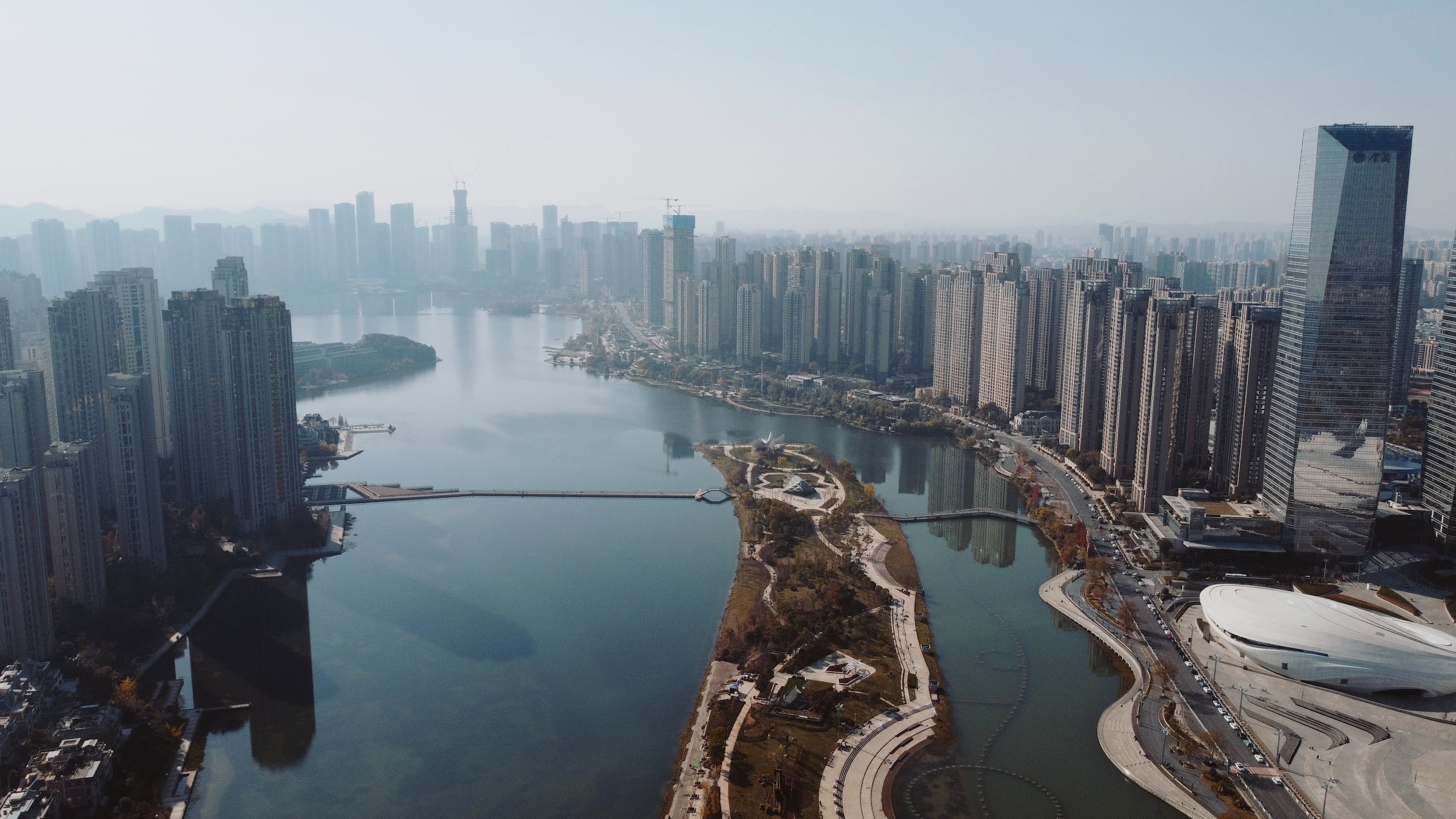
In a filing to the Hong Kong Stock Exchange, the court has appointed Alvarez and Marsal as liquidators to manage the company. The liquidators will have control of Evergrande’s assets as it prepares to sell them to help repay the real-estate developer’s 1.74 trillion Chinese yuan (about $245 billion) debt.
Mounting anxieties surround the potential ramifications of Evergrande’s collapse, given the real estate and property sector’s significant contribution to China’s GDP.
Luckily, It Is a Controlled Collapse

“The property developer’s demise looks like a controlled collapse. “The writing was on the wall long ago, and few in the market are surprised by the situation,” Kyle Rodda, a senior market analyst at the an online trading platform Capital.com, told Business Insider.
“However,” Rodda added, “it raises systemic risk at the margins and, if nothing else, will expose some to ugly haircuts on their assets as the business is pulled apart.”
Evergrande Can Still Appeal the Court’s Ruling
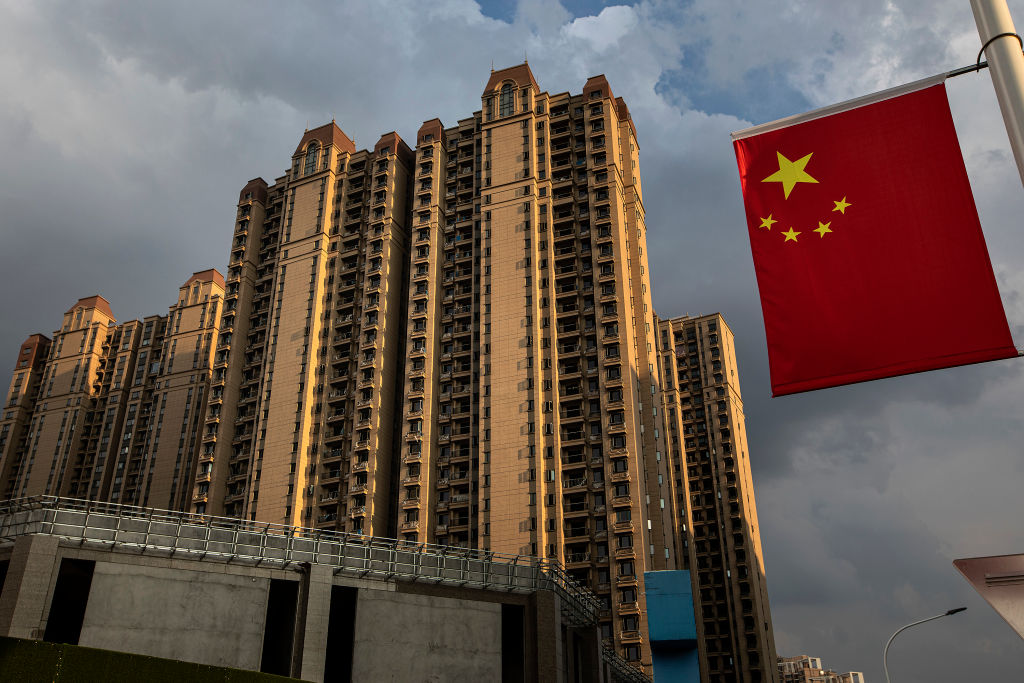
The former real-estate giant can still appeal the court’s ruling. Despite the company’s appeal, the liquidation process will move forward, though its expected years-long duration reflects the vastness of the company.
Mainland authorities face a decision on whether to recognize and comply with the Hong Kong court’s liquidation order for Evergrande, whose assets are primarily located within mainland China.
Liquidation Is the Last Resort
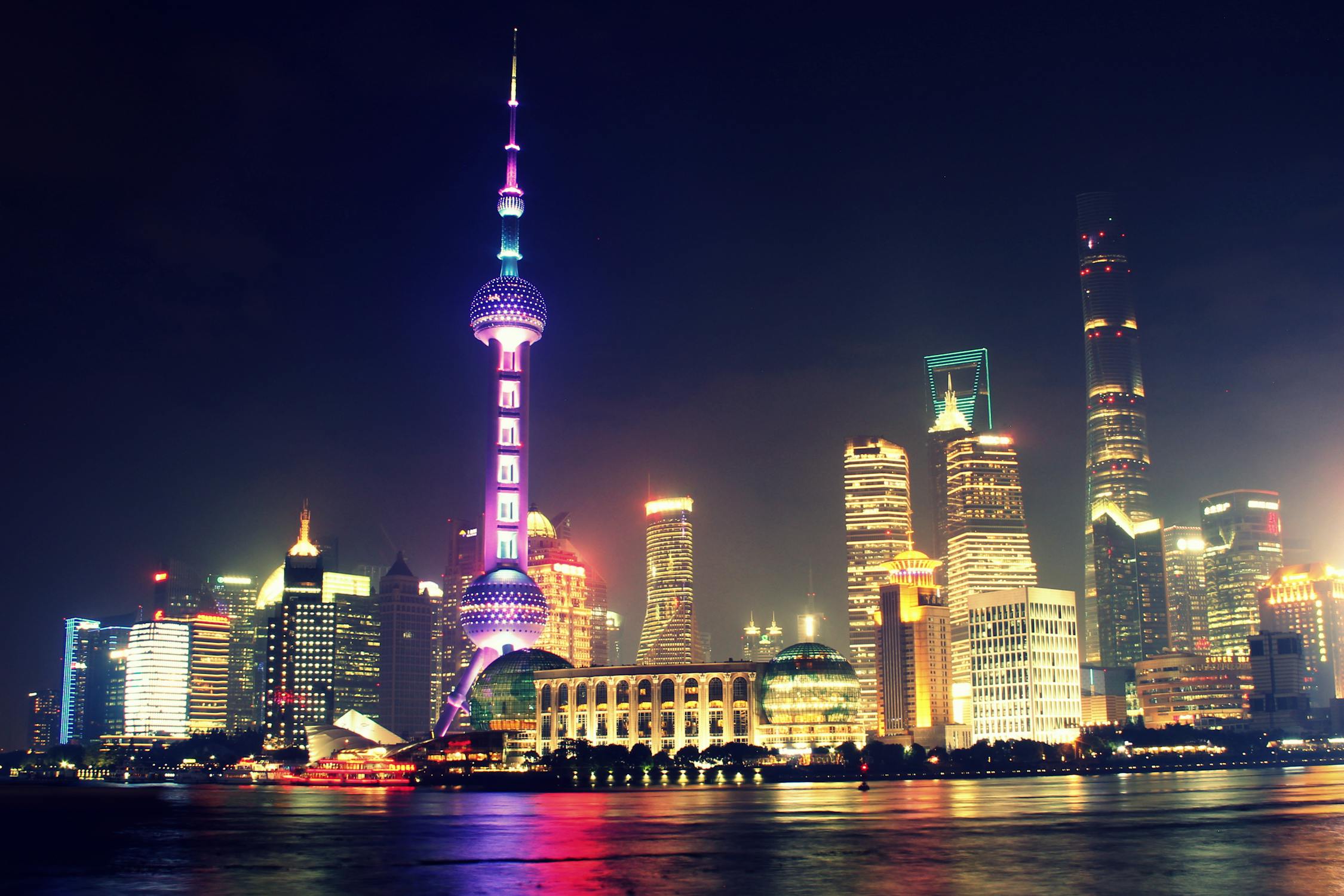
Despite the court-ordered liquidation of Evergrande, offshore creditors reportedly maintain expectations that the company’s liquidator will prioritize formulating a new debt restructuring plan for their outstanding claims.
Reuters sources claim creditors anticipate asset liquidation as a final measure, employed only as a last resort if an agreement falls through.
Who Gets Paid First?
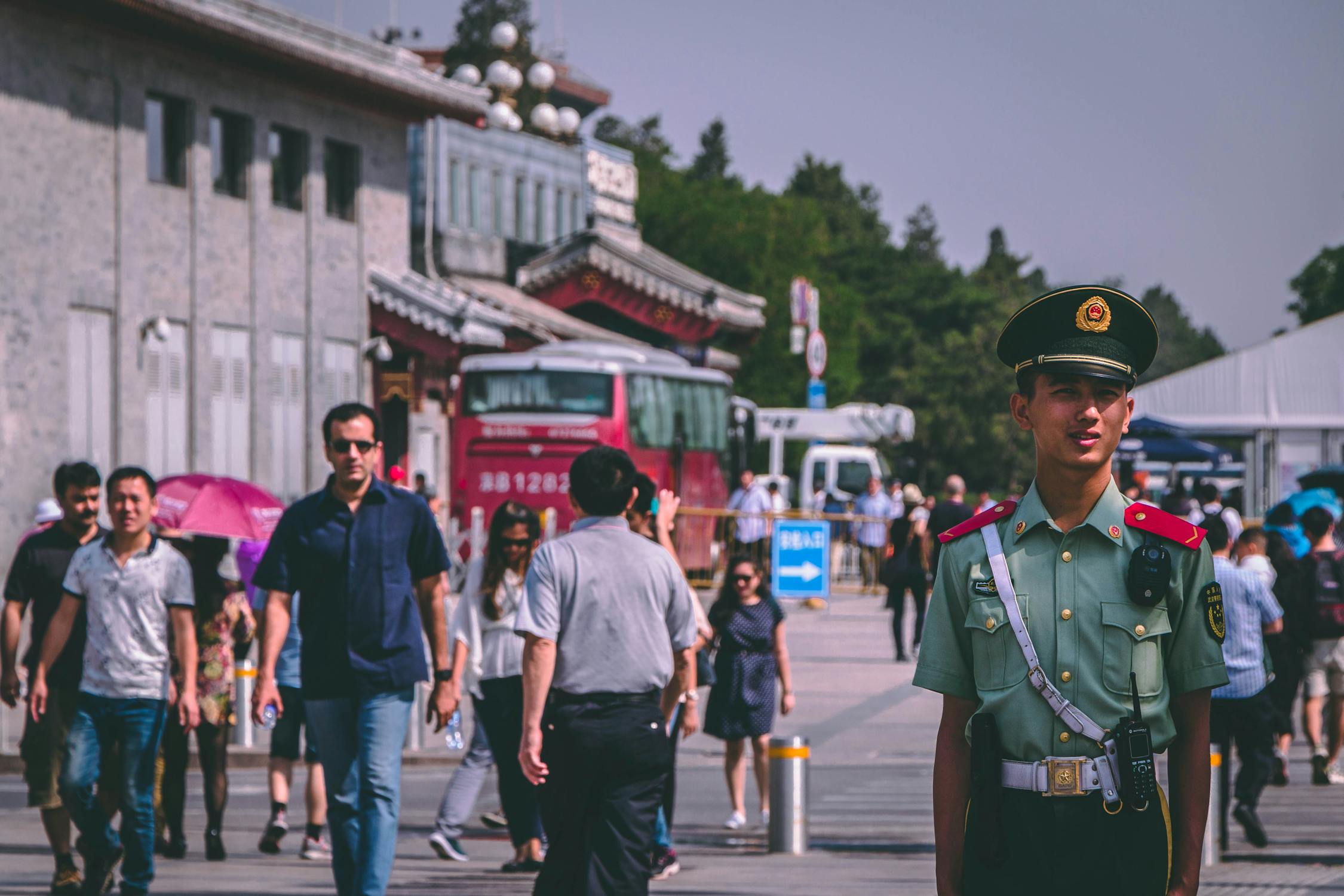
Because Evergrande owes about $300 billion, there is a clear pecking order when it comes to repayments. According to Baker McKenzie’s guide, secured creditors stand at the front of the line for repayment.
Liquidators will receive first priority for payment, followed by any other expenses incurred during the company’s winding down. Evergrande employee wages and government debts are next on the list, followed then by unsecured creditors (bondholders, suppliers, and contractors).
Offshore Creditors Could Be Shut Out
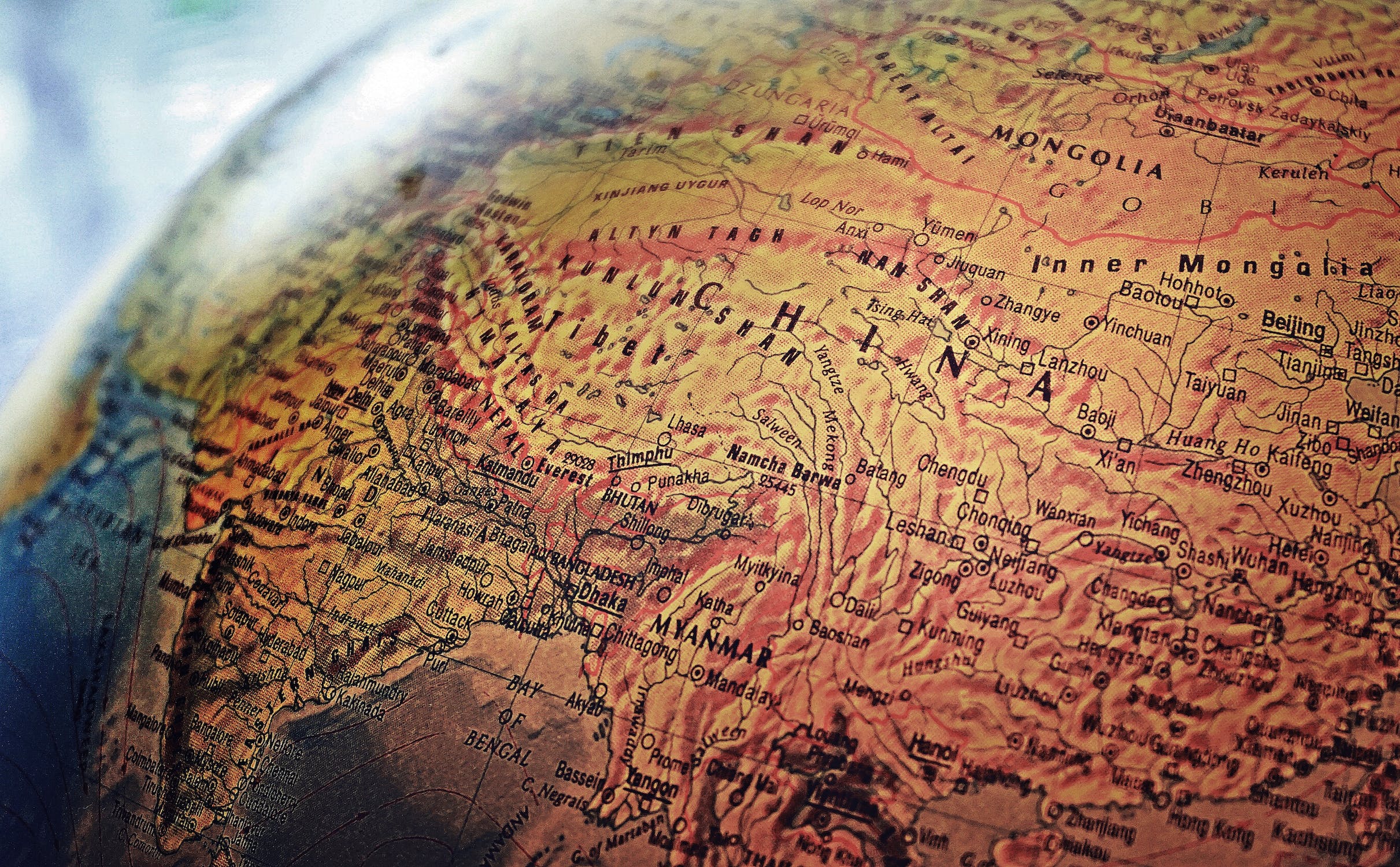
Holding $25.4 billion in outstanding debt, offshore creditors face the risk of significant investment losses. Beijing authorities are likely to prioritize supporting and protecting Chinese investors first, ensuring they receive their owed payments.
“Onshore stakeholders are busy working to ensure home purchasers will eventually receive the homes they have paid for one way or another, but retail ‘mom and pop’ investors in the company’s offshore securities will be facing even further uncertainty and delay which would likely continue for years,” Daniel Margulies, a partner at Dechert, a law firm that specializes in restructuring in Asia, told BI.
China’s Real-Estate Companies Are Struggling to Recover from the Pandemic
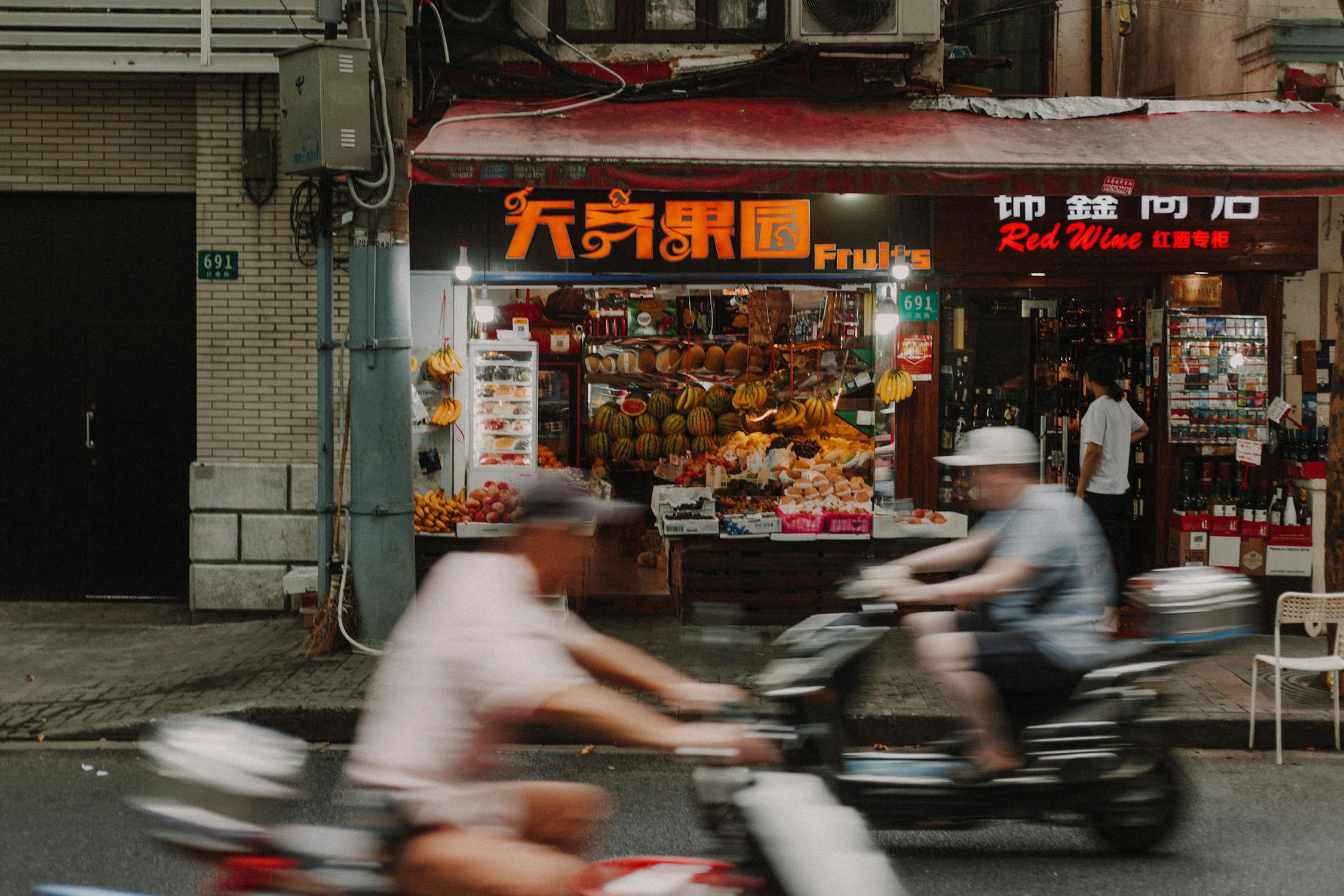
Real estate in China is not where you want to put your money right now. Many companies are having trouble and have defaulted on their debts to stay afloat after China’s economy struggled to recover since lifting COVID-19 pandemic-related restrictions over a year ago.
From property crisis to deflationary pressure to demographic crisis, the country is facing significant challenges.
Restructuring Isn’t In the Cards for Evergrande

According to Debtwire data (via BI), 32 developers in China managed to complete 42 restructuring processes worth $33.1 billion from the time the current property crisis started back in July 2021 until the end of October 2023 thanks to 14 offshore bonds.
However, that restructuring cost isn’t enough to pull Evergrande out of the hole. The real-estate company will need 10 times more than what was collectively given to 32 developers.
The Domino Effect of the Giant’s Demise
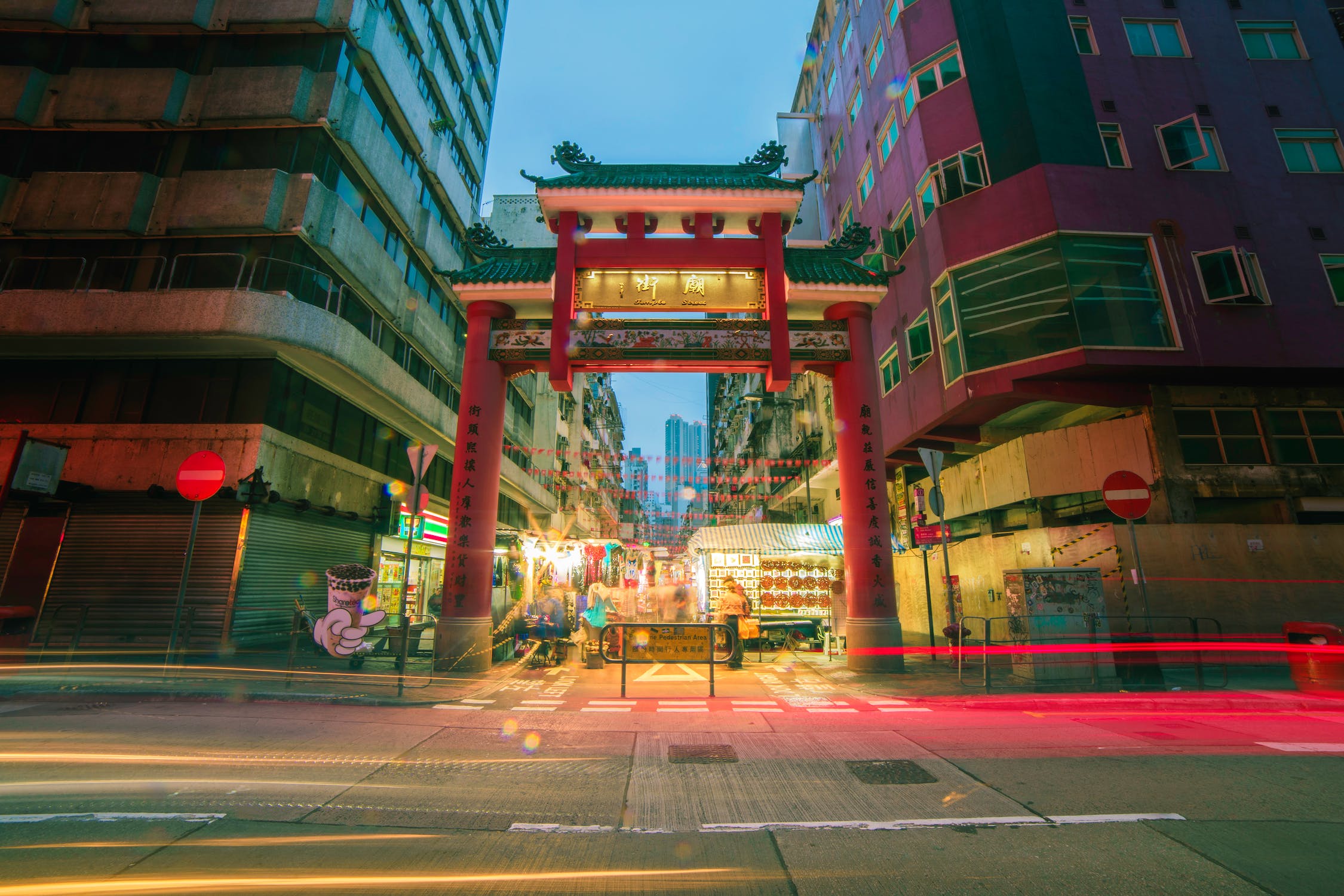
Evergrande’s collapse will have a ripple effect across China’s property sector. The domino effect will impact other developers and potentially slow down the economy. Property sales might slow down even more, and new funding will become difficult as the company starts to repay its debts.
China, the world’s second-largest economy, has had the worst showing of growth in the last three decades since the COVID-19 pandemic. In the first week of January, investors made a mad dash for the door to protect their wallets.
Investors Read the Warning Signs

The predicted collapse of Evergrande failed to faze the markets. It seems that everyone who needed to know that the end was near got the warning in plenty of time and pulled out.
“There are no signs of panic yet. If anything, it reveals the proactive and incrementalist approach authorities are adopting to manage China’s painful economic reformation,” said Rodda.
The Lasting Effects of Evergrande’s Collapse
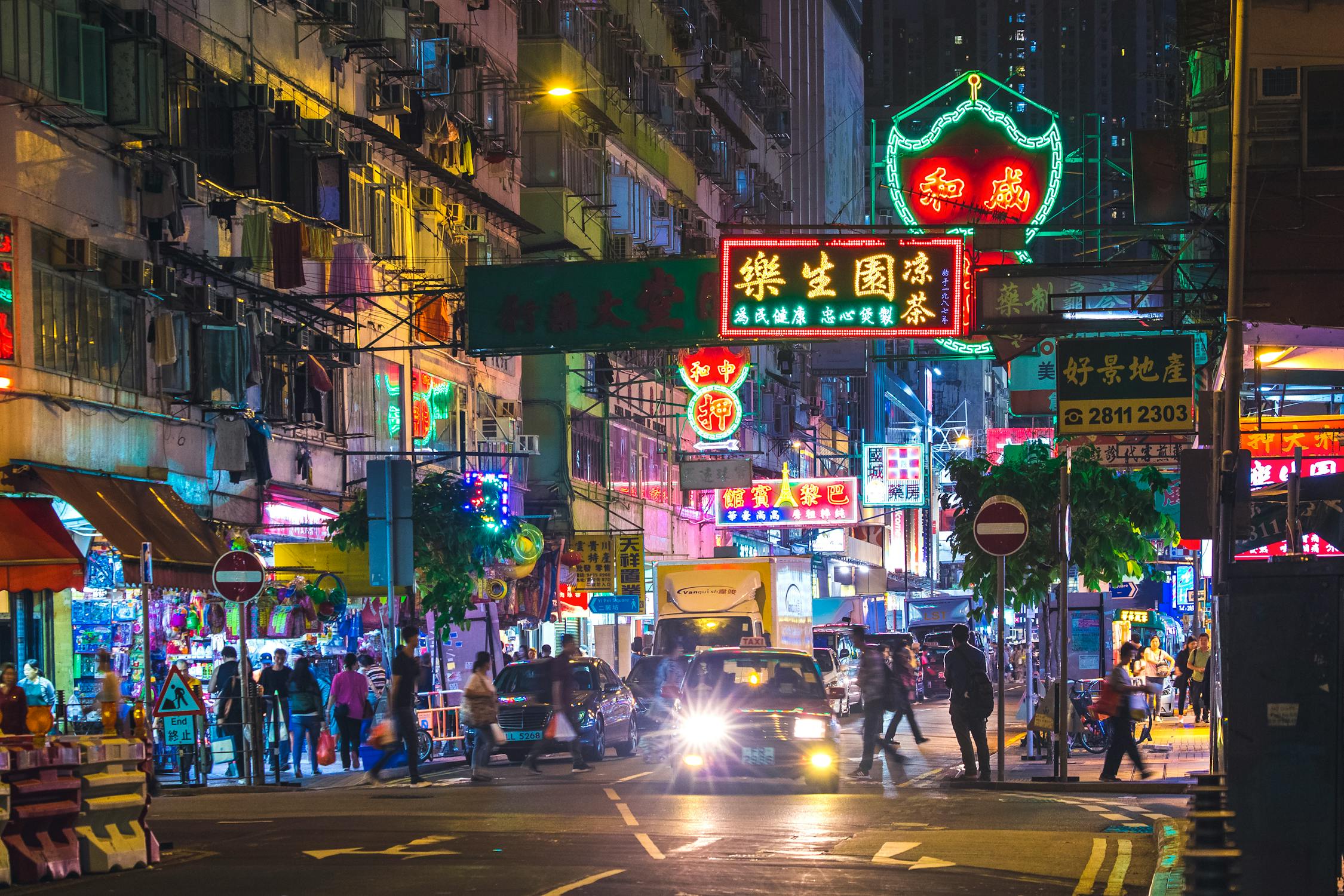
“Evergrande’s liquidation is a sign that China is willing to go to extreme ends to quell the property bubble,” Andrew Collier, a managing director at Orient Capital Research, told Reuters.
While Collier says Evergrande’s demise was good for the economy in the long term, the immediate effects across the global market and the people in China are going to be very difficult to navigate.
